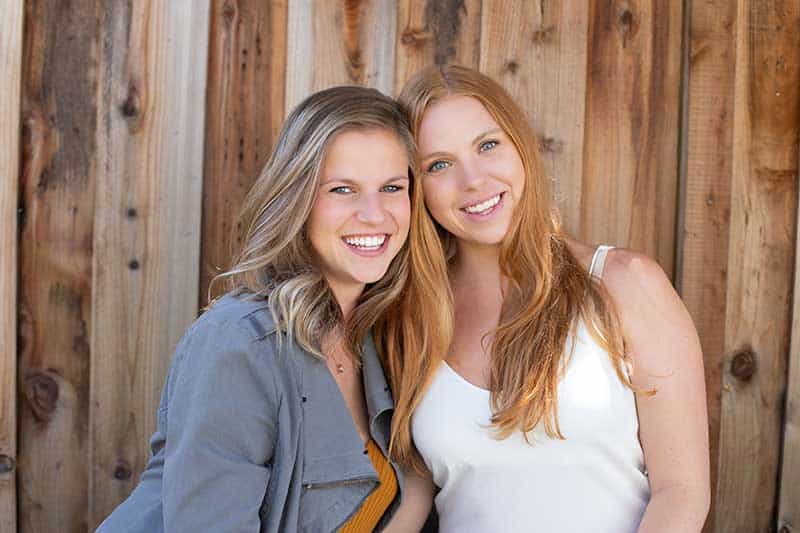Postpartum Traditions Around the World

The birth of a child is not just the beginning of a new life but a profound transformation for the mother. Across the world, communities have developed intricate rituals, customs, and traditions to support and honor this significant transition. While these practices may differ, the underlying sentiment remains constant: nurturing and celebrating the new mother. As we embark on this enlightening journey through global postpartum traditions, we also reflect upon the fabric of American postpartum care, highlighting the importance of creating our support systems.
The Global Tapestry of Motherhood
Each culture, with its unique traditions, contributes to the global tapestry of postpartum care, revealing profound insights into how societies value and support new mothers. From Asia’s warm kitchens to Africa’s vibrant communities, each ritual and practice stands as a testament to the universal significance of this sacred phase. As we embark on this journey, let’s delve deep into the heart of these traditions, appreciating the diversity and depth they offer.
China: ‘Sitting the Month’
In the sprawling realms of China, the “Zuo Yuezi” or “Sitting the Month” is a beacon of postpartum care.
- For 30 days post-childbirth, the mother stays indoors, away from external elements, which are believed to introduce imbalances to her and the baby.
- An array of meticulously prepared dishes form part of her daily menu. These include foods rich in iron and proteins, such as eggs boiled in tea and fish soups. These culinary delights not only satiate hunger but also heal and replenish.
- This period also accentuates emotional well-being. Surrounded by family, the mother is shielded from stressors, allowing her to bond deeply with her newborn.
India: 40 Days of Confinement
India, with its myriad cultures, universally emphasizes postpartum care.
- Elders often articulate tales of their 40-day confinement, a period of rest, bonding, and rejuvenation.
- An array of dishes tailored for postpartum recovery grace the household. Rich in antioxidants and warming agents, foods like fenugreek ladoos and carom seed-infused flatbreads become staples.
- Additionally, traditional lullabies, passed down generations, form an auditory backdrop, enveloping mother and child in warmth and love.
Latin America: ‘La Cuarentena’
From the vivacious streets of Mexico to the mountainous terrains of Peru, ‘La Cuarentena’ is a cherished ritual.
- Akin to many other cultures, this 40-day period revolves around recovery and familial bonding.
- Traditional dishes, often prepared by grandmothers or aunts, provide nourishment. Corn-based meals and broths are frequent inclusions.
- Spiritual elements also play a role, with many integrating practices like ‘limpias’, or spiritual cleansings, to ward off negativity and usher in blessings.
Nigeria: ‘Omugwo’
In the heart of Africa, the Igbo community’s ‘Omugwo’ celebrates maternal strength and wisdom.
- The maternal grandmother plays a pivotal role. She becomes the bastion of support, sharing age-old wisdom, remedies, and culinary secrets.
- Dishes like ‘Ukodo’ (yam pepper soup) and ‘Ofe Owerri’ are believed to enhance lactation and offer healing properties.
- This period isn’t just about physical healing but also cultural transmission, with stories, songs, and values passed down.
Malaysia: ‘Pantang’
In the tropical embrace of Malaysia, ‘Pantang’ is more than a tradition; it’s a holistic healing journey.
- Lasting 44 days, this postpartum practice integrates a bevy of treatments. Mothers indulge in ‘mandi bunga’, a floral bath believed to dispel negative energies.
- Foods, particularly those infused with ‘jamu’ (herbal remedies), are central. These preparations, rich in turmeric and ginger, bolster immunity and aid recovery.
- Additionally, the ‘bertungku’ or heated stone massage offers physical relief, aligning the body’s postnatal state.
Postpartum Care in Europe
Europe, with its advanced healthcare infrastructure, offers a nuanced approach to postpartum care.
- Nations like Denmark and Germany offer ‘postnatal hotels’, spaces where mothers can recover under medical supervision, all while bonding with their babies.
- Parenting classes, lactation consultations, and physical therapy sessions are integral, ensuring mothers transition smoothly into this new phase.
- Community support groups are also widespread, offering spaces for new parents to share, learn, and grow together.
Maternity and Paternity Leave: Europe vs. America
Parental leaves, pivotal in the postpartum phase, vary significantly across continents.
- Europe: With a more socialist approach, countries such as Spain and Iceland provide extended paid leave. This framework not only supports financial stability but also fosters early parent-child bonding, which is essential for emotional development.
- America: The U.S., with its decentralized system, sees a spectrum of policies. While federal mandates like FMLA exist, many states and companies have their own tailored policies. Grassroots movements across the nation advocate for more comprehensive, paid parental leave systems, reflecting a societal shift towards better postpartum support.
Crafting Our Traditions in America
In the vast mosaic that is America, we lack a monolithic postpartum tradition. However, this vacuum presents a silver lining: the liberty to weave our own tapestries of care inspired by global practices. As we stand at this confluence of cultures, we have the unique privilege to select, adapt, and craft rituals that resonate with our individual journeys, thereby forging pathways of holistic postpartum care. We are here to help you come up with your individual postpartum experience!
Thank you for reading this week’s blog ” Postpartum Traditions Around the World” For more tips and tricks on all things pregnancy, postpartum, and parenthood click here.

